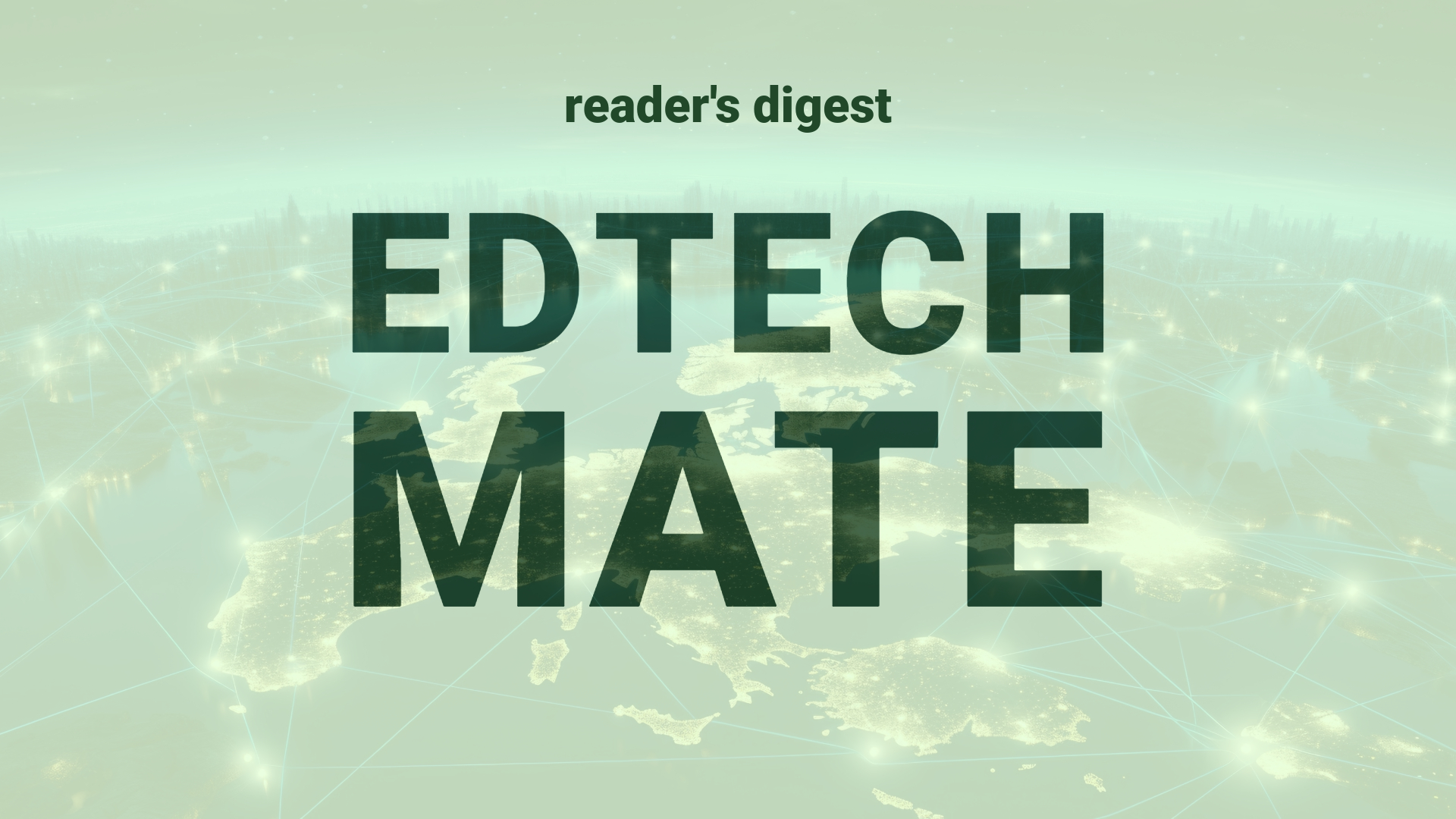Executive Summary and Main Points
In the realm of global higher education, the integration of digital strategies remains paramount. The latest educational technology news reflects a continued emphasis on the digital transformation, with institutions leveraging technology to enhance student engagement and streamline operational processes. Innovative teaching tools, digital resource management, and virtual collaboration platforms are becoming increasingly prevalent, addressing the diverse and evolving needs of learners and educators on a global scale.
Potential Impact in the Education Sector
The advent of cutting-edge technologies is poised to profoundly impact all strata of education. In Further Education, these innovations can improve access to learning, empower personalized study plans, and offer robust support systems. The Higher Education landscape can anticipate a surge in blended learning environments and data-driven decision-making, which promise to expand the reach of global educational offerings. The realm of Micro-credentials will likely witness enhanced credibility and standardization through strategic partnerships and digital authentication methods, fostering a more flexible and modular approach to career development.
Potential Applicability in the Education Sector
Applications of Artificial Intelligence (AI) and digital tools across global education systems are multifaceted. AI could revolutionize course personalization, adaptive learning paths, and automated assessment, catering to diverse learning preferences. Moreover, digital tools may facilitate international collaborations, virtual exchanges, and augmented reality experiences to enrich the educational journey, transcending geographical barriers.
Criticism and Potential Shortfalls
While educational technology heralds numerous benefits, there exist valid criticisms and concerns. Technology adoption may exacerbate existing inequities if not implemented thoughtfully, particularly in regions with limited digital infrastructure. The cultural homogenization of education and ethical considerations around student data privacy must also be carefully navigated. Comparative international case studies illustrate the need for context-specific strategies that honor both global standards and local customs.
Actionable Recommendations
Implementing these technologies necessitates strategic decision-making. Leaders in international education should prioritize the following: investing in inclusive technology infrastructure, fostering collaborative initiatives that respect cultural diversity, upskilling faculty in digital competencies, and ensuring ethical standards in data management are upheld. Exploring AI and digital tools should be coupled with consistent evaluation and adjustment to maintain relevance and effectiveness in the fast-evolving global education landscape.
Source article: https://hbr.org/2024/04/working-parents-plan-for-the-week-with-this-simple-exercise

